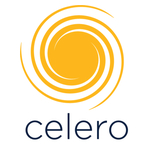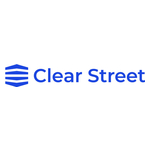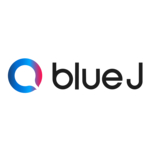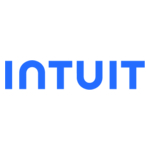Landmark Group and HSBC debut dual-platform blockchain deal
Dubai-based Landmark Group and HSBC have completed a transaction that connects two independently-built blockchain platforms. 
It also marks a major step forward in the Middle East’s retail industry adopting blockchain.
The transaction involved a shipment from Bee Dee Industries in Hong Kong to Babyshop, Landmark Group’s family retail brand in the United Arab Emirates (UAE). A Letter of Credit was issued by HSBC using the Voltron platform and Landmark Group’s initiated ReChainME platform enabled seamless connectivity with its logistics partners at both ends of a key trading corridor.
Voltron is a distributed ledger trade finance platform which digitises the Letter of Credit (LC) process from application through to document presentation.
HSBC has previously facilitated four major LC transactions with this technology across its global network, but this is the first time Voltron has been connected to a complementary blockchain platform, and the first time Voltron has been used to issue a LC between the UAE and Hong Kong.
ReChainME is a permissioned blockchain platform initiated by Landmark Group. It ensures seamless connection amongst key participants involved in the transaction, resulting in greater transparency and accountability.
Rajesh Garg, Group Chief Financial Officer, Landmark Group, says: “We saw the promise of blockchain technology and embarked on the journey. This is a huge milestone for us at Landmark Group.”
“We have seen several advancements in digitising trade, each with their own specialist network for secure communication, resulting in disparate ‘digital islands’. The challenge lies in connecting these digital islands to create a cohesive network, and this is where blockchain comes in. Being able to connect two complementary blockchain platforms is a significant milestone in the development of this technology. It also speaks to the dynamism and interoperability of Voltron,” says Sunil Veetil, Regional Head of Trade at HSBC Middle East, North Africa and Turkey.
Key participants along the logistical supply chain could view documents and track progress of the shipment in real-time, which reduces the overall time to complete the transaction by up to 12 days – a 40% reduction.
It also helped reduce the need for paper, as retail supply chains typically involve large numbers of paper documents that are screened and updated at multiple touch-points.











































